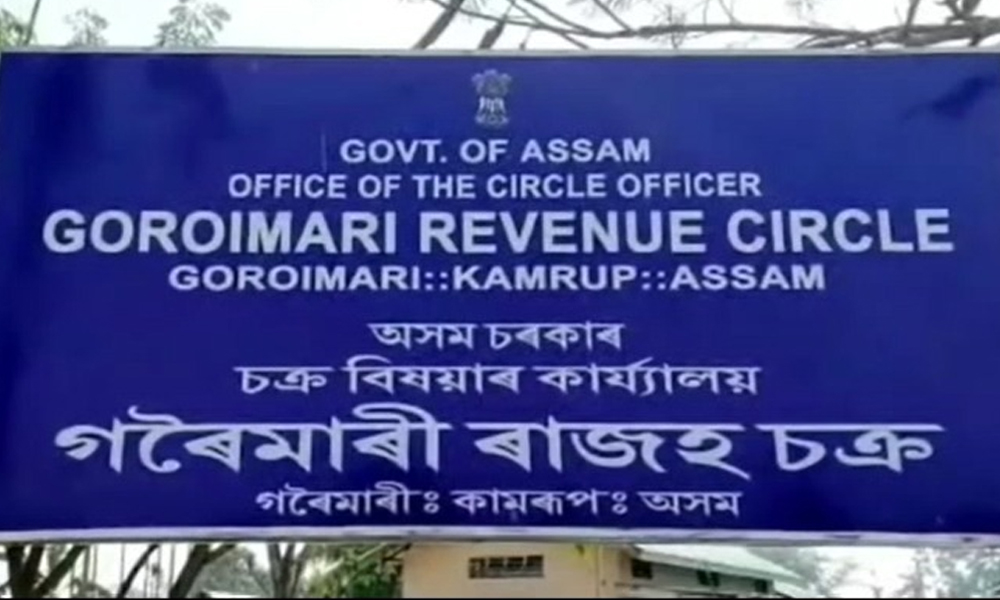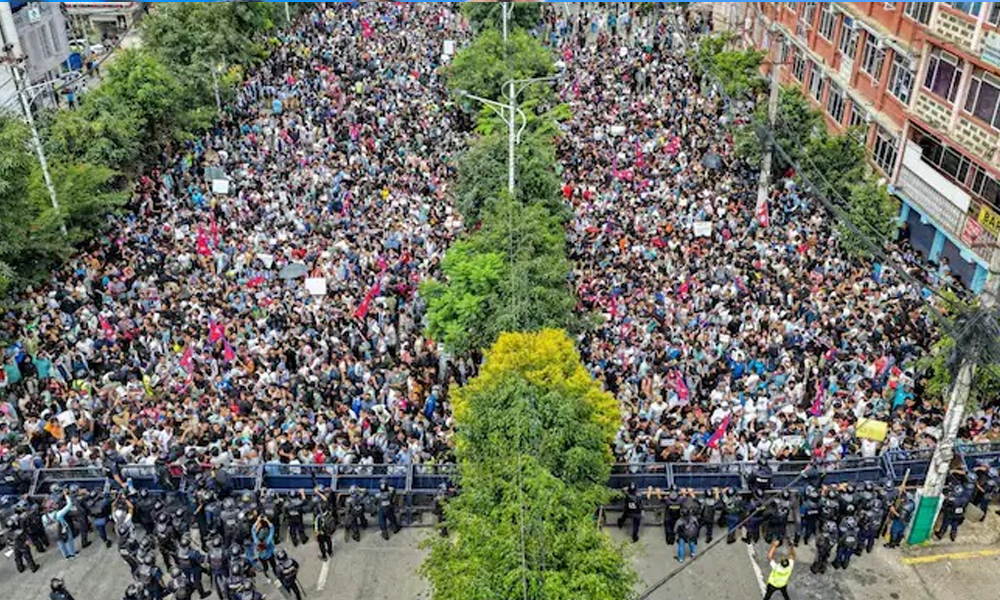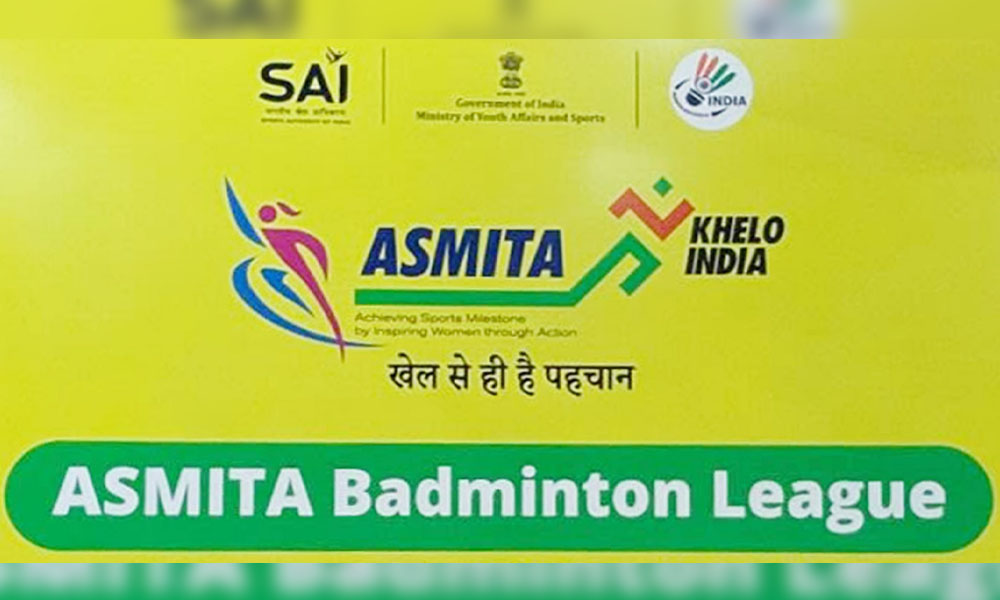More than 98% of depositors are eligible to receive the full value of their savings from the Deposit Insurance and Credit Guarantee Corporation, according to information provided by the cooperative bank (DICGC).
Digital Desk: From today, Rupee Co-operative Bank Ltd., with its
headquarters in Pune, Maharashtra, will no longer conduct banking operations
(September 22, 2022).
Six weeks after having its license revoked by the Reserve Bank
of India, Rupee Co-operative Bank Ltd. has closed. The Rupee Co-operative Bank
Ltd.'s license was revoked by the RBI on August 10 because the firm lacked
sufficient capital and growth prospects. But according to the RBI, its
directive will take effect six weeks from now, on August 10, in accordance with
a High Court of Bombay judgment.
As a result, the bank would stop conducting banking operations
as of September 22, 2022, according to RBI.
With effect from September 22, 2022, "Rupee Co-operative
Bank Ltd, Pune" will be unable to conduct banking activities, including
accepting deposits and repaying deposits, among other things, as a result of
the cancellation of its license, the statement said.
What will happen to the funds that depositors have with Rupee
Cooperative Bank Limited?
More than 98% of depositors are eligible to receive the full
value of their savings from the Deposit Insurance and Credit Guarantee
Corporation, according to information provided by the cooperative bank (DICGC).
Each depositor would be entitled to receive from the DICGC the
deposit insurance claim value of their savings up to Rs. 5 lakh upon
liquidation. Of the entire insured deposits, DICGC had already paid out Rs.
700.44 crore as of May 18, 2022.
The Reserve Bank added that the Commissioner for Cooperation and
Registrar of Cooperative Societies in Maharashtra had also been asked to issue
an order for the bank's closure and appoint a liquidator.
Why was Rupee Co-operative Bank Ltd's license cancelled?
The bank's license has been revoked since it does not meet the
requirements of the Banking Regulation Act of 1949 because it lacks sufficient
capital and earning potential.
The RBI stated that the bank's continued existence would be
detrimental to the interests of its depositors since "the bank with its
current financial status would be unable to pay its present depositors in
full."


















